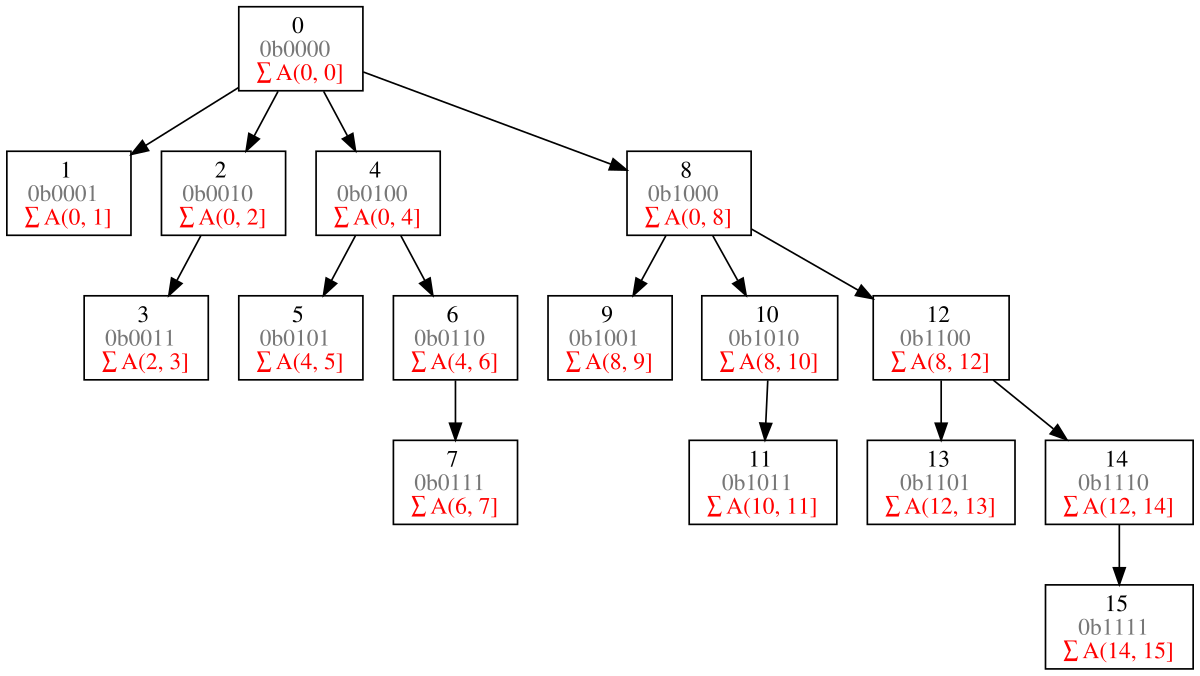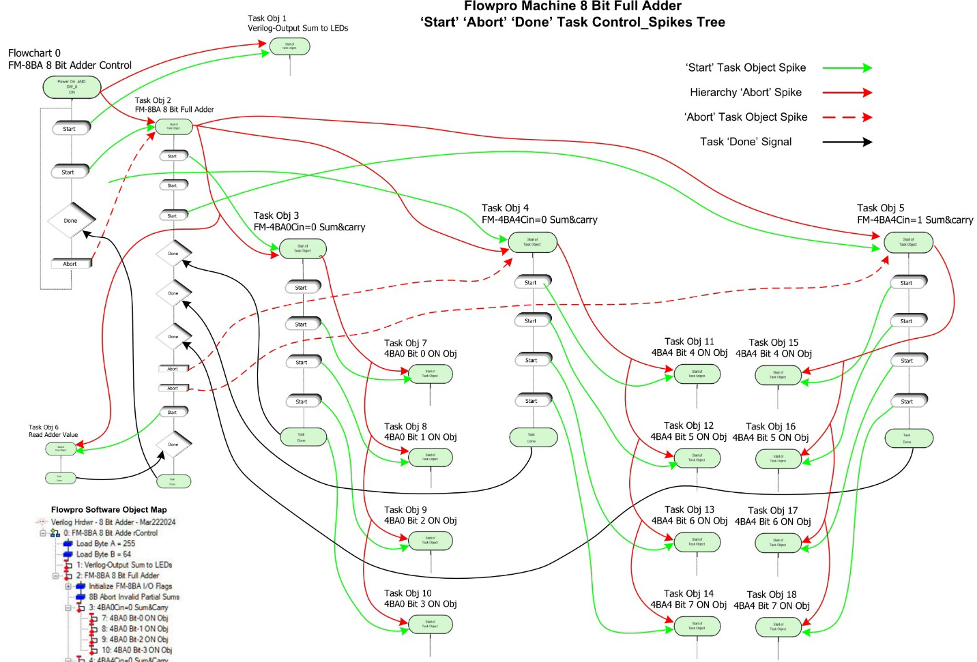
Community Input Is Bad, Actually
Angry neighborhood associations have the power to halt the construction of vital infrastructure. It doesn’t have to be this way.
Development projects in the United States are subject to a process I like to call “whoever yells the loudest and longest wins.” Some refer to this as participatory democracy.
Across the country, angry residents and neighborhood associations have the power to delay, reshape, and even halt entirely the construction of vital infrastructure. To put a fine point on it: Deference to community input is a big part of why the U.S. is suffering from a nearly 3.8-million-home shortage and has failed to build sufficient mass transit, and why renewable energy is lacking in even the most progressive states.
Democracy is at its best when the views and needs of the people are accurately transmitted to their representatives, the representatives act, and voters express their approval or disapproval in the next election. The existing community-input system purports to improve upon this process by offering a platform where anyone can show up and make their voice heard. After all, providing input shouldn’t just happen at the ballot box, or so the thinking goes. But the process is fundamentally flawed: It’s biased toward the status quo and privileges a small group of residents who for reasons that range from the sympathetic to the selfish don’t want to allow projects that are broadly useful.
Granted, Big Government doesn’t have the best track record of respecting legitimate grievances about massive infrastructure projects. American cities still display the scars of highways that razed marginalized communities; many remember the indignities of urban renewal, a mid-century federal policy aimed at city revitalization that researchers at the University of Richmond estimate displaced roughly 300,000 people.




/cdn.vox-cdn.com/uploads/chorus_asset/file/25415669/1238020424.jpg)












